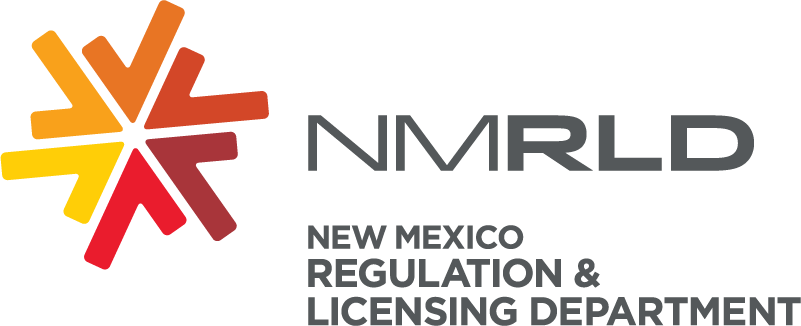401 (k)
A 401(k) is a type of retirement plan that allows employees to save and invest for their own retirement. Through a 401(k), you can authorize your employer to deduct a certain amount of money from your paycheck before taxes are calculated, and to invest it in the 401(k) plan. Your money is invested in investment options that you choose from the ones offered through your company’s plan. The federal government established the 401(k) in 1981 with special tax advantages, to encourage people to prepare for retirement. They get their catchy name from the section of the Internal Revenue Code which established them (you guessed it, section 401(k)).
Affinity fraud
A name for a type of scam that targets members of a specific demographic group. Perpetrators may attempt to relate to or exploit characteristics common to the demographic group. Targeted groups can include the elderly, ethnic groups, and religions. Perpetrators attempt to portray themselves as members of this group or people who can relate to the members of the group in order to gain trust and eventually money. Ponzi schemes and pyramid schemes are sometimes combined with affinity fraud.
Annuity
A specified income payable at stated intervals for a fixed or a contingent period, often for the recipient’s life, in consideration of a stipulated premium paid either in prior installment payments or in a single payment. Dictionary.com
Bond
A long-term promissory note in which the issuer agrees to pay the owner the amount of the face value on a future date and to pay interest at a specified rate at regular intervals. NASD.com
Broker-dealer
A firm that functions both as a broker by bringing buyers and sellers together and as a dealer by taking positions of its own in selected securities. Many firms that are commonly called brokers or brokerage firms are actually broker-dealers. Wall Street Words: An A to Z Guide to Investment Terms for Today’s Investor by David L. Scott. Copyright ©2003 by Houghton Mifflin Company. Published by Houghton Mifflin Company.
Convertible bond
A bond that can be exchanged at the option of the holder into preferred or common stock at a preset ratio. NASD.com
Equity-indexed annuity
A contract with an insurance company that promises periodic payments keyed in a specific manner to a stock market index. Unlike variable annuities, equity-indexed annuities specify a guaranteed minimum return that is typically 3 percent. These contracts may also specify an upper limit (cap) on the return that is paid. Indexing methods vary, and surrender charges often apply to early withdrawals. Wall Street Words: An A to Z Guide to Investment Terms for Today’s Investor by David L. Scott. Copyright ©2003 by Houghton Mifflin Company. Published by Houghton Mifflin Company .
Fraud
A false representation of a matter of fact that should have been disclosed, which deceives another so that he/she acts upon it to his/her injury. NASD.com
IRA
Individual Retirement Account. An investment account in which a person can set aside income up to a specified amount each year and usually deduct the contributions from taxable income, with the contributions and interest being tax-deferred until retirement. Dictionary.com
Identity theft
The fraudulent appropriation and use of someone’s identifying or personal data or documents such as a credit card. Dictionary.com
Investment
The investing of money or capital in order to gain profitable returns, as interest, income or appreciation in value. Dictionary.com
Mutual fund
An investment company that issues shares continuously and is obligated to repurchase them from shareholders on demand. Dictionary.com
Phishing scams
Phishing is a high-tech scam that uses spam email to deceive consumers into disclosing their credit card numbers, bank account information, Social Security numbers, passwords, and other sensitive personal information.
Ponzi schemes
An illegal investment scheme in which investors are promised impossibly high returns on their investments. These are scams in which money from later investors is used to pay earlier investors. The creators of the scheme get most of the profits while those who come later are left with nothing because there are eventually an insufficient number of new investors to pay the existing ones. These scams inevitably collapse because they require exponential growth in the number of participants at each step, which is impossible. Letters or emails that encourage the recipient to send money and then pass the message along to a certain number of new targets are a type of pyramid scheme.
Promissory note
A written promise to pay a specified sum of money to a designated person or to his or her order, or to the bearer of the note, at a fixed time or on demand. Dictionary.com
Roth IRA
An individual retirement account in which investments are made with taxable dollars, but earnings are tax-free and withdrawals are tax-free after age 59 ½. Dictionary.com
Variable annuity
An annuity in which the premiums are invested chiefly in common stocks or other securities, the annuitant receiving payments based on the yield of the investments instead of in fixed amounts. Dictionary.com
Variable life insurance
An insurance policy whose annuity payments or payment to the beneficiary are not fixed but depend on the income earned by the investment of the premiums. Dictionary.com
Viatical Investments
The purchase of an interest in a terminally ill person’s life insurance policy for a certain percentage of the policy’s face value.

